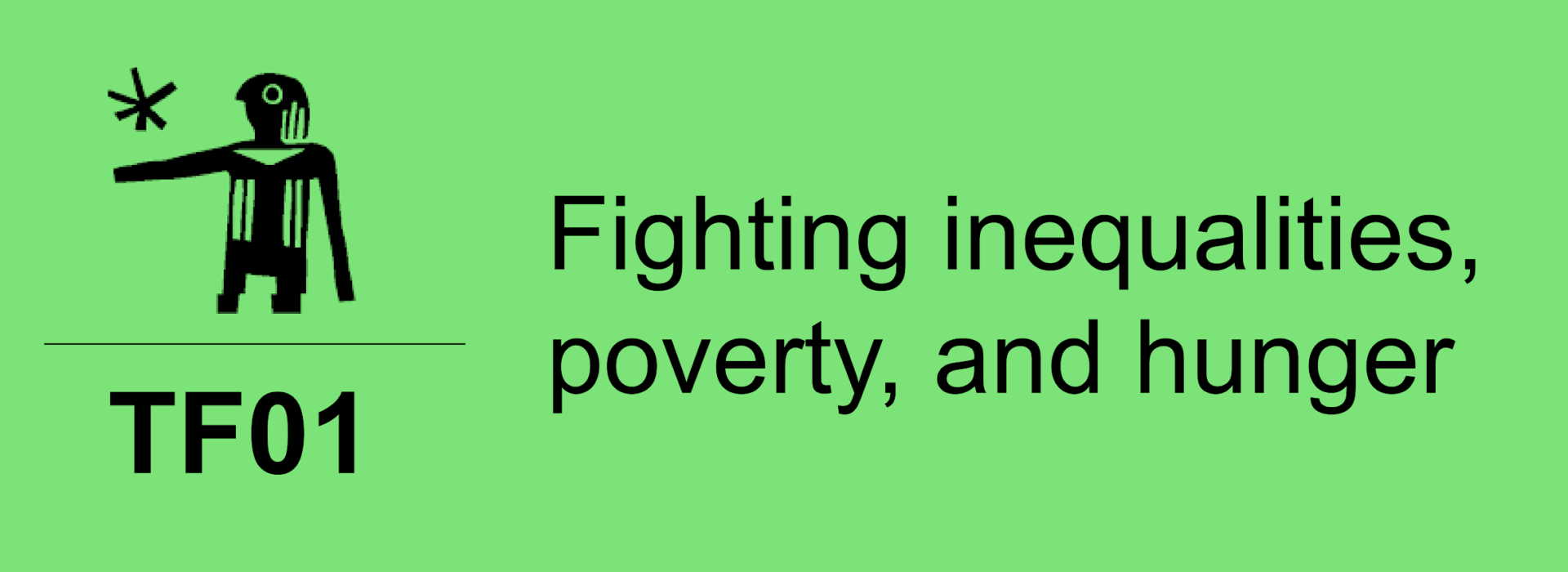Unpaid care and domestic work (UCDW), involving providing direct and indirect care to family members without remuneration, is crucial for human and productive functioning. Care work is intrinsically gendered: globally, women perform 76.2% of unpaid care work, 3.2 times more than men, affecting their education, employment, wages, and leadership opportunities. Care work is also generational: globally, girls aged 5-14 spend 550 million hours daily on household chores, 41% more than boys. Around the world, gender inequalities in care work start early, widening inequalities between girls and boys in schooling, age at marriage, and less well-explored impacts on self-esteem, empowerment, and confidence. The COVID-19 pandemic highlighted the importance of care work and the need for reforms to alleviate women’s care responsibilities. Providing appropriate care services, including policies aimed at equality in the workplace, investment in quality public social infrastructure, and valuing unpaid work, are instrumental for reducing care burden. However, these efforts may not sufficiently address the unequal distribution of unpaid care within households by gender. Redistributive policies addressing these imbalances are vital, beginning with interventions in early adolescence. G20 countries need to address fundamental gender inequalities that are constraining their full economic and social potential by considering the importance of both investing in care services and the workforce, as well as addressing unequal gender norms and unequal distribution of UCDW from early adolescence.
Register for Updates
Would you like to receive updates on the Global Solutions Initiative, upcoming events, G7 and G20-related developments and the future of multilateralism? Then subscribe here!
1 You hereby agree that the personal data provided may be used for the purpose of updates on the Global Solutions Initiative by the Global Solutions Initiative Foundation gemeinnützige GmbH. Your consent is revocable at any time (by e-mail to contact@global-solutions-initiative.org or to the contact data given in the imprint). The update is sent in accordance with the privacy policy and to advertise the Global Solutions Initiative’s own products and services.









